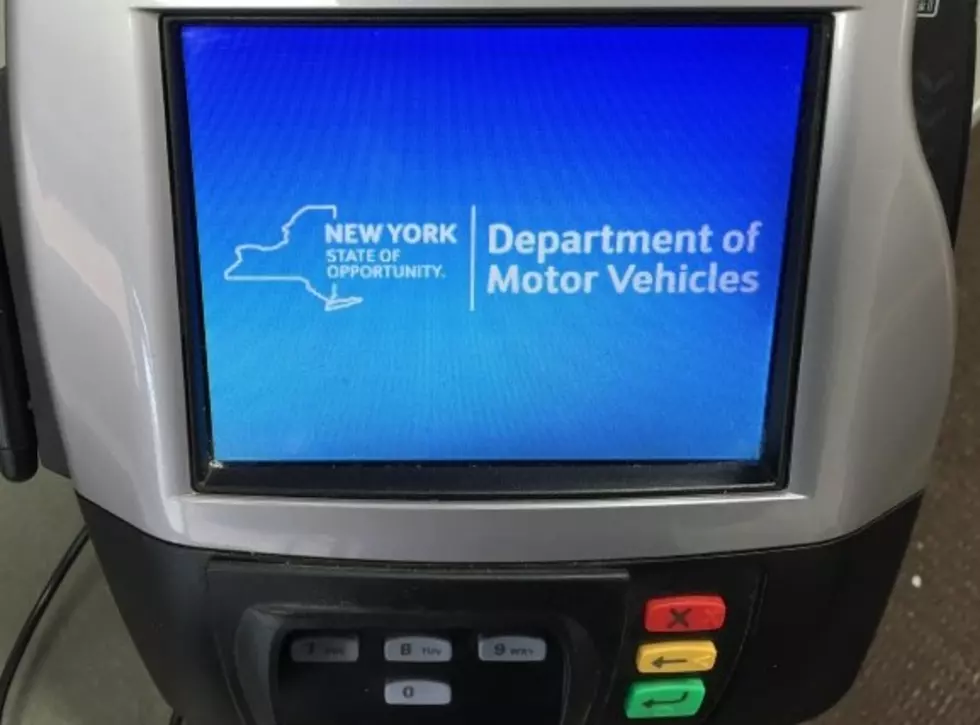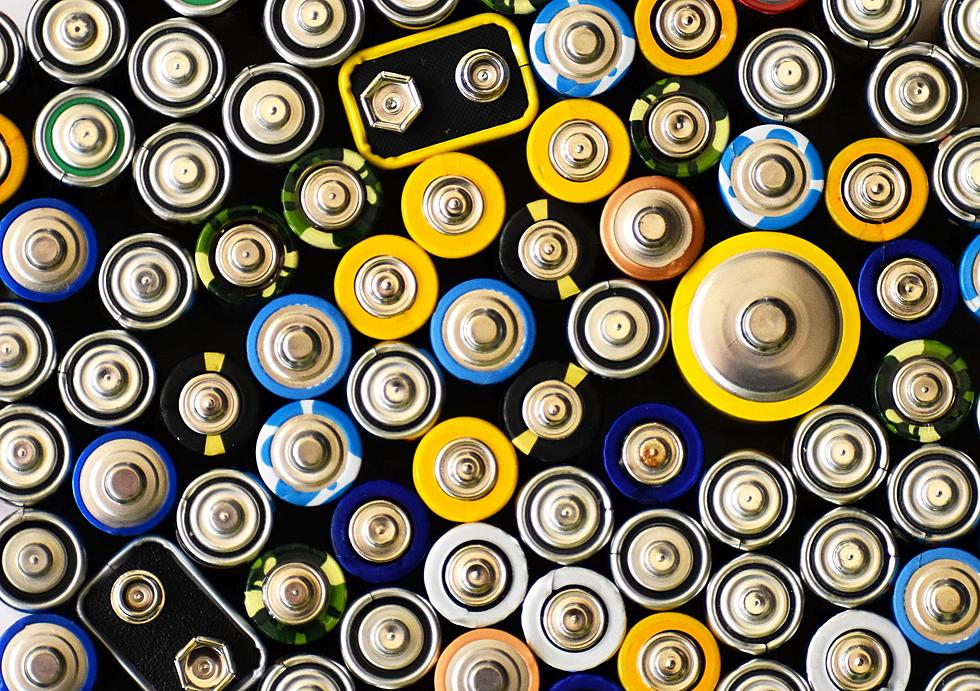
NY Governor Extends COVID State of Emergency
While the daily reports of new COVID-19 cases in New York State are coming in under 3,000 for the past couple of days and the positivity rate is below four percent, Governor Kathy Hochul says there is still a State of Emergency due to the ongoing pandemic.
The Democrat Monday, February 14 signed Executive Order no. 11.3 extending State of Emergency that was supposed to expire on February 15.
The order states New York is seeing infection rates still higher than they were in April of 2021 due to the SarCoV2 Omicron variant.
The declaration states: “Whereas the rate of new COVID-hospital admissions has been increasing over the past month… the state must pursue a coordinated approach to ensure hospital capacity statewide is able to meet regional needs.” The action also says the state must support municipalities and counties in their efforts to administer vaccines and tests for COVID-19 to prevent the virus from “continuing to spread at such rates.”

New York on February 15 reported a 97% drop in new COVID-19 positive tests since the peak on January 7 and a 72% drop in hospitalizations since the peak on January 12. The daily update showed 274 New Yorkers newly admitted to hospitals for treatment of COVID-19.
The extension runs through March 16.
Answers to 25 common COVID-19 vaccine questions
Supply Chain Workarounds and Household Hacks
More From WNBF News Radio 1290 AM & 92.1 FM









